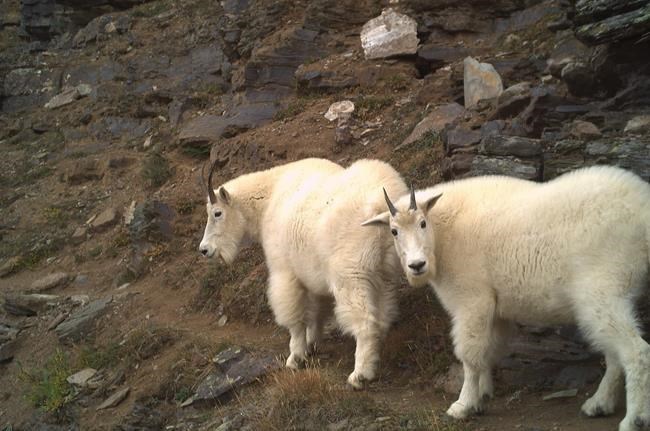VANCOUVER — The COVID-19 lockdown for humans was not an opportunity for wildlife to run free, in fact a new study found herbivores tend to be more active around people, while carnivores remained hidden.
The study, published Monday in Nature Ecology and Evolution and led by researchers at the University of B.C., is one of the largest of its kind on wildlife activity, involving 120 researchers worldwide and 5,000 so called camera traps, taking pictures of the animals.
Lead author Cole Burton, an associate professor of forest resources management at UBC, says COVID-19 restrictions provided researchers with a “very unique opportunity” to learn how animals respond to people.
The study says one striking pattern of animal responses to increased human activity came from species in more developed areas, and when humans were out, activity for many animals in those modified landscapes also picked up.
Burton says wolves, cougars and other carnivores still shied away from humans.
He says the findings of their study are useful amid a surge in outdoor recreation post-pandemic to understand how wildlife responds to human activity and to develop conservation plans.
He says the study could also help wildlife managers minimize the negative impacts by humans.
“For that reason, we are working to improve wildlife monitoring systems using tools like the camera traps that made it possible to observe animal behaviours during the pandemic," Burton says in a news release.
This report by The Canadian Press was first published March 18, 2024.
The Canadian Press



